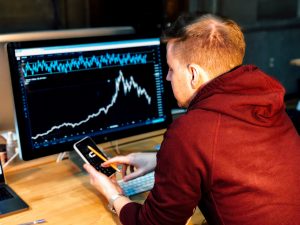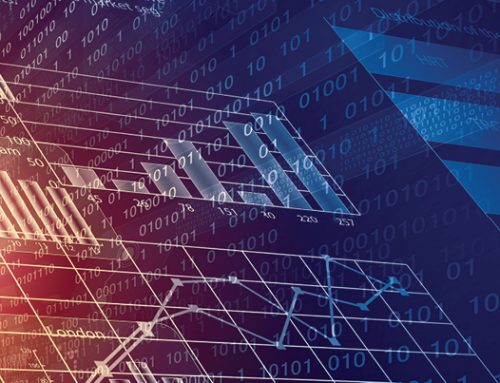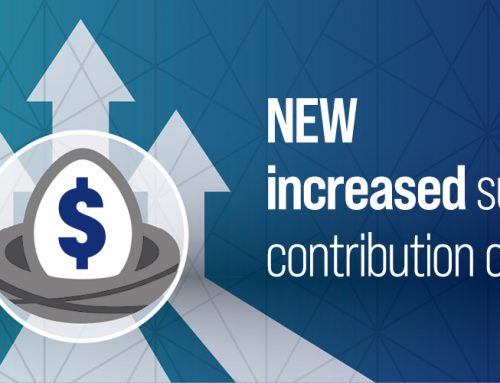Which news do you want to hear first?
Let’s start with the bad.
Read all about it!
Covid-19 has featured in wall to wall coverage in newspaper and television. When politicians, economists and journalists start throwing around the words ‘Great Depression’, you know financial markets and the real economy are in trouble. And the news is all bad.
Images of long lines of the newly unemployed snaking around Centrelink offices jolted the Government into action by turning Jobseeker into Jobkeeper. Small businesses sent out a flurry of emails assuring their customers it was still safe to shop and service industries moved online. Working from home has become the new norm.

The words unprecedented, uncertainty and pivot have had a workout in commentary.
On financial markets, the ASX200 fell 20% in March while the Dow ended down 23% for the March quarter. Both rallied to record new monthly records in April. It sure has been a bumpy ride. The Australian Government added hundreds of billions of dollars in new debt and interest rates remain at record lows. The economy ended its 29 year run without a recession and the contraction is expected to be measured in double digits.
The Covid-19 virus has unleashed a perfect storm and the economy has been put on government life support. The silver lining has been that restrictions have so far managed to prevent the kind of nightmare health scenario found in other parts of the world.
Can it get uglier?
Well yes. It’s what financial boffins call ‘crystallising losses’ and it means cashing in your investments at the low and losing any chance of participating in a recovery.
Let me say it slowly. You will never get that money back.
As part of the Government relief package, those in genuine financial need were offered the opportunity to withdraw $20,000 in two instalments from their superannuation accounts. There are no shortages of superannuation associations or companies publishing the negative impact of withdrawing the $20,000 in retirement savings.
But it’s probably uglier than the forecasts. Because that $20,000 likely used to be $25,000 or more between the time of the announcement and applications for withdrawal. You only need to pull out a compound interest calculator to see the impact.
Whether it is selling out of shares, super or managed funds, it pays to get some expert advice before you pull the trigger. There may be a genuine need to withdraw your super or cash in your investments. But you need to ask yourself if you are swapping today’s problem for a bigger problem 20 years from now?
How Australians respond with their wallets when restrictions are eased is unknown. All eyes will be on consumer confidence and business investment numbers – and that will determine if we have a V (snap back), U (medium term) or L (prolonged period of economic misery) shape recovery.
This time it’s different?
But recover we will. The last one hundred years have had no shortage of financial misery leading people to believe that things had changed forever. This time it’s different the naysayers would declare. Is it? We’ve had two World Wars, a Great Depression, 1973 Oil Crisis, the 1987 stock market crash, the tech wreck and more recently the GFC.
It painful. But we recovered.
A part of keeping your head in times like this is understanding what markets do. That is, raise money for companies to invest, employ and create wealth for your super, shares or managed funds. Sure, the business pages are full of tales of poor corporate behaviour. But for every one of those stories, there are hundreds of companies innovating, solving problems and creating new goods and services.
With interest rates at record lows and not set to return to any ‘normal’ soon, the market is still a good bet long term. And it’s keeping your eye on the long term that you need to do in a time like this.
If you have a plan, stick to it. When it comes to the markets, time is your friend and making your regular investment may even result in your picking up high quality businesses at a discount – a move that history has shown over the long term, will pay handsomely.





